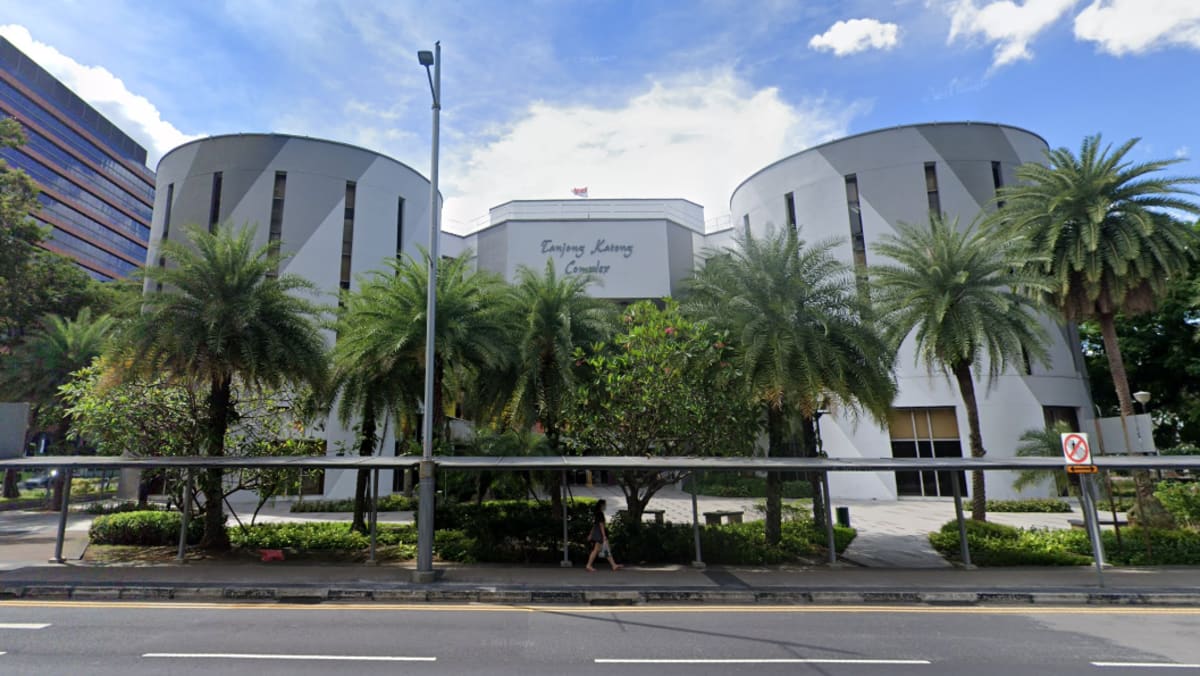Loading
In some cases, a woman with postpartum psychosis may have thoughts of harming herself or her baby. These can include what are known as command hallucinations, where a woman hears powerful voices that instruct her to perform a specific action. In rare cases, when women do not receive proper treatment, they may act on these thoughts.
“These delusions take over their mind and their body,” says Dr Margaret Spinelli, a clinical professor of psychiatry at Columbia University who has evaluated over 30 women who were on trial for killing their children while experiencing postpartum psychosis. “They are like puppets.”
Many new mothers without mental illness will have intrusive thoughts about accidentally harming their babies. This is normal, says Berrisford, and it might even help us stay alert to potential dangers. But if the thoughts become debilitating, or a woman reports hearing a voice telling her to act on them, they warrant immediate medical attention, experts say.
What causes it?
Postpartum psychosis is thought to be triggered by a combination of the hormonal and immunological changes that accompany childbirth, as well as genetics and environmental factors such as sleep deprivation.
Research shows that women with a personal or family history of bipolar disorder are at much higher risk of developing postpartum psychosis. It can be the first presentation of bipolar disorder that endures beyond the postpartum period.
But some research suggests about two-thirds of women with postpartum psychosis have no prior psychiatric history. That is why it’s important for family and friends to pay attention to the behaviours of new mothers, especially in the first weeks after giving birth, experts say.
How is it treated?
Postpartum psychosis requires emergency care. With proper treatment, women can recover fully. One study of women with the diagnosis found that nearly all participants achieved remission.
In the majority of cases, psychiatric hospitalisation is required to protect the health of both the mother and the baby.
Loading
Many experts consider mother-and-baby units, or MBUs, which allow mothers and babies to remain together under careful supervision, the gold standard of care for postpartum psychosis. Women can stay for months if needed in these inpatient wards, which are found in Australia, as well as Britain, France, India and other parts of the world. One study of mothers with severe postpartum psychosis who were admitted to an MBU – most of them involuntarily – found that all of them had improved by the time of discharge, and all left with custody of their child.
One of the first goals of treatment in any type of facility is to help new mothers catch up on sleep, as doctors believe that sleep deprivation can trigger psychosis. Most women also receive medication. Research has shown that electroconvulsive therapy, or ECT, can effectively treat severe cases.
Davis says there are three things she tells any woman experiencing postpartum psychosis: “You’re not alone, you’re not to blame, and with help you will get well.”
The New York Times
Make the most of your health, relationships, fitness and nutrition with our Live Well newsletter. Get it in your inbox every Monday.







